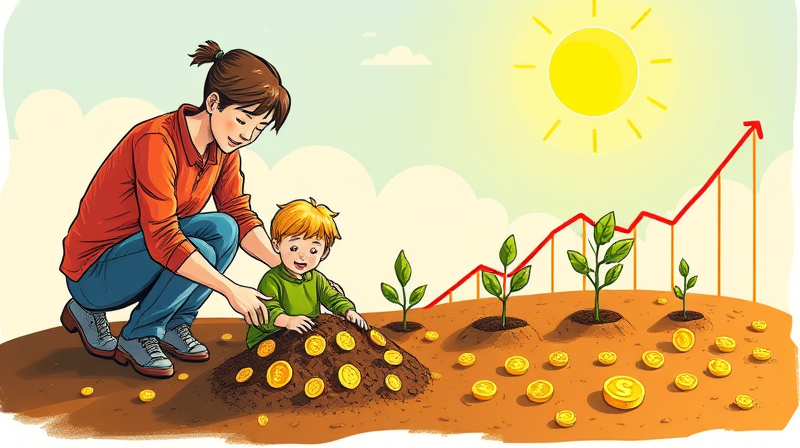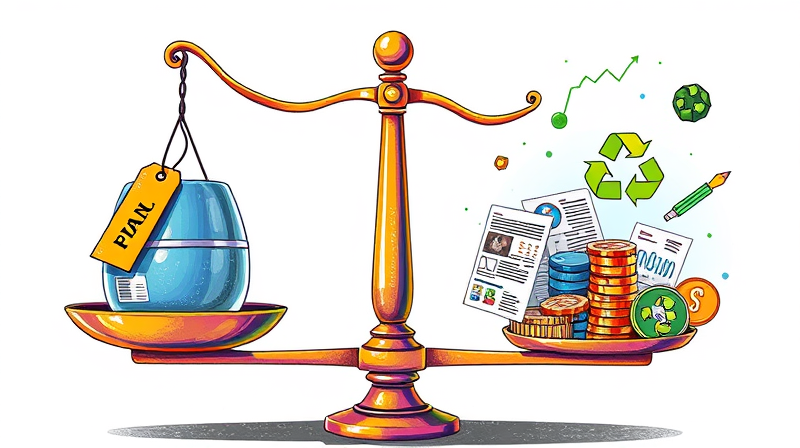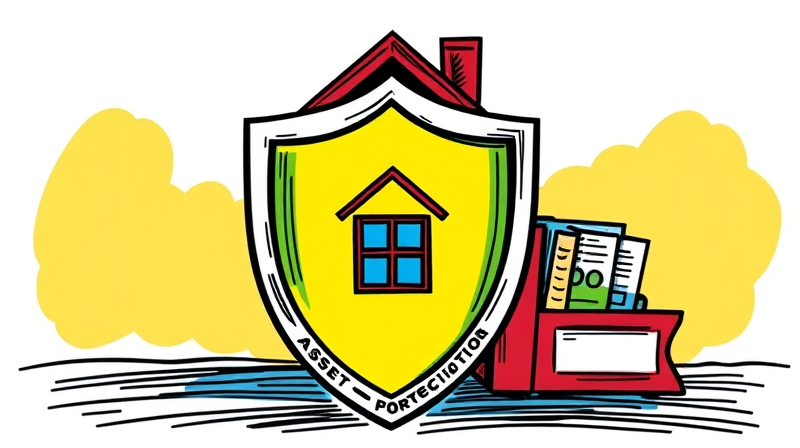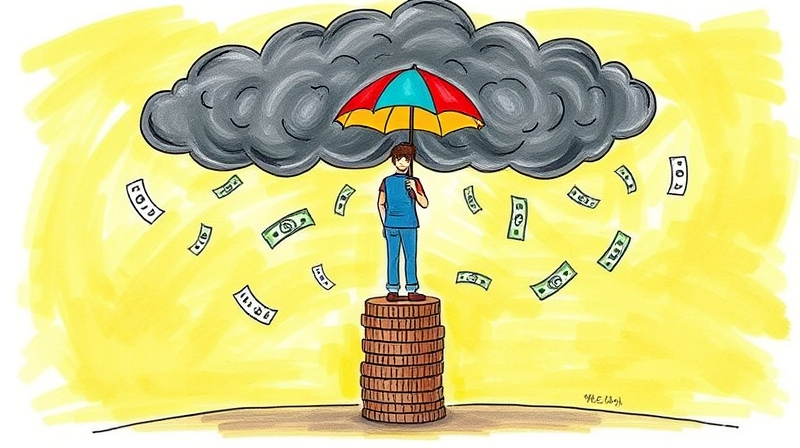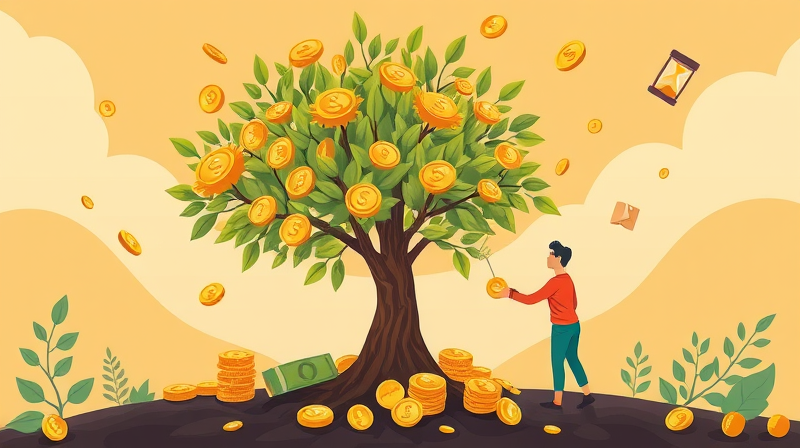
In today’s fast-paced world, purposeful, consistent actions define the difference between fleeting financial comfort and enduring prosperity. By embracing the principles of financial discipline, individuals can transform scattered efforts into a cohesive plan that yields meaningful results over time.
The economic environment in 2025 presents both challenges and opportunities. Although 49% of U.S. adults now consider themselves disciplined planners, the reality of uninsured families, retirement shortfalls, and looming inflation remains a pressing concern for many households.
Inflation continues to weigh heavily on consumer sentiment, with 51% of adults predicting costs will rise further in 2025 while just 25% believe their income will keep pace. Meanwhile, over 100 million Americans remain uninsured or underinsured, underscoring the persistence of financial insecurity across diverse demographics.
Despite these strides, only 44% of Americans feel optimistic about their finances for the coming year, up from 34% in 2023. This rising sentiment underscores the opportunity to leverage collective momentum with targeted personal strategies.
Understanding where you stand, and how you compare to each generation, can be a powerful motivator. By recognizing shared challenges and collective progress, you can commit to strategies that overcome cultural pressures and market volatility.
Each habit plays a critical role in constructing a financial foundation. When applied consistently, these practices interact synergistically, amplifying the benefits of compounding returns, reduced risk, and sustained motivation.
Experts emphasize that discipline builds confidence. As easyMoney explains, “The habits you develop in 2025 will define your financial future.” By turning disciplined routines into second nature, you create resilience against economic headwinds.
Adopting new financial behaviors often hinges on mindset. In 2025, nearly half of Americans plan to implement “no-buy” challenges and social media breaks as mechanisms to curb impulse spending. Estimates suggest such lifestyle experiments could yield average savings of $5,366 from a social media hiatus and $3,961 by pausing dating expenses.
These trends reflect a broader shift toward intentional living over consumption. By framing your financial journey as a series of achievable experiments, you can foster curiosity and resilience rather than deprivation.
These goals point to a growing recognition that financial discipline is not merely about earnings, but about the strategic allocation of resources. Debt reduction tops the list, reflecting the heavy burden of credit card rates that often exceed 20%.
Combining technology with expert guidance can transform abstract targets into concrete milestones. Tools that integrate with your income sources and spending patterns ensure no opportunity is overlooked.
Building lasting wealth is a marathon, not a sprint. By embedding these habits into daily routines, you harness the power of small, consistent actions that accumulate into substantial long-term outcomes. Financial discipline extends beyond mere savings—it encompasses purposeful investing, strategic debt management, and meaningful spending.
Your journey begins with one decision: to commit. Start with a single habit—automating deposits, setting a SMART goal, or launching a no-buy challenge—and expand from there. As Professor Cetin Duransoy of Raisin observed, “One of the first steps to improving your finances is to build upon your financial literacy.”
In 2025, optimism is on the rise, with 44% of Americans expecting financial improvement. Let discipline be your compass, adaptability your engine, and education your guiding star. When you align your habits with your vision for the future, lasting wealth becomes not an abstract concept, but an achievable reality.
References





